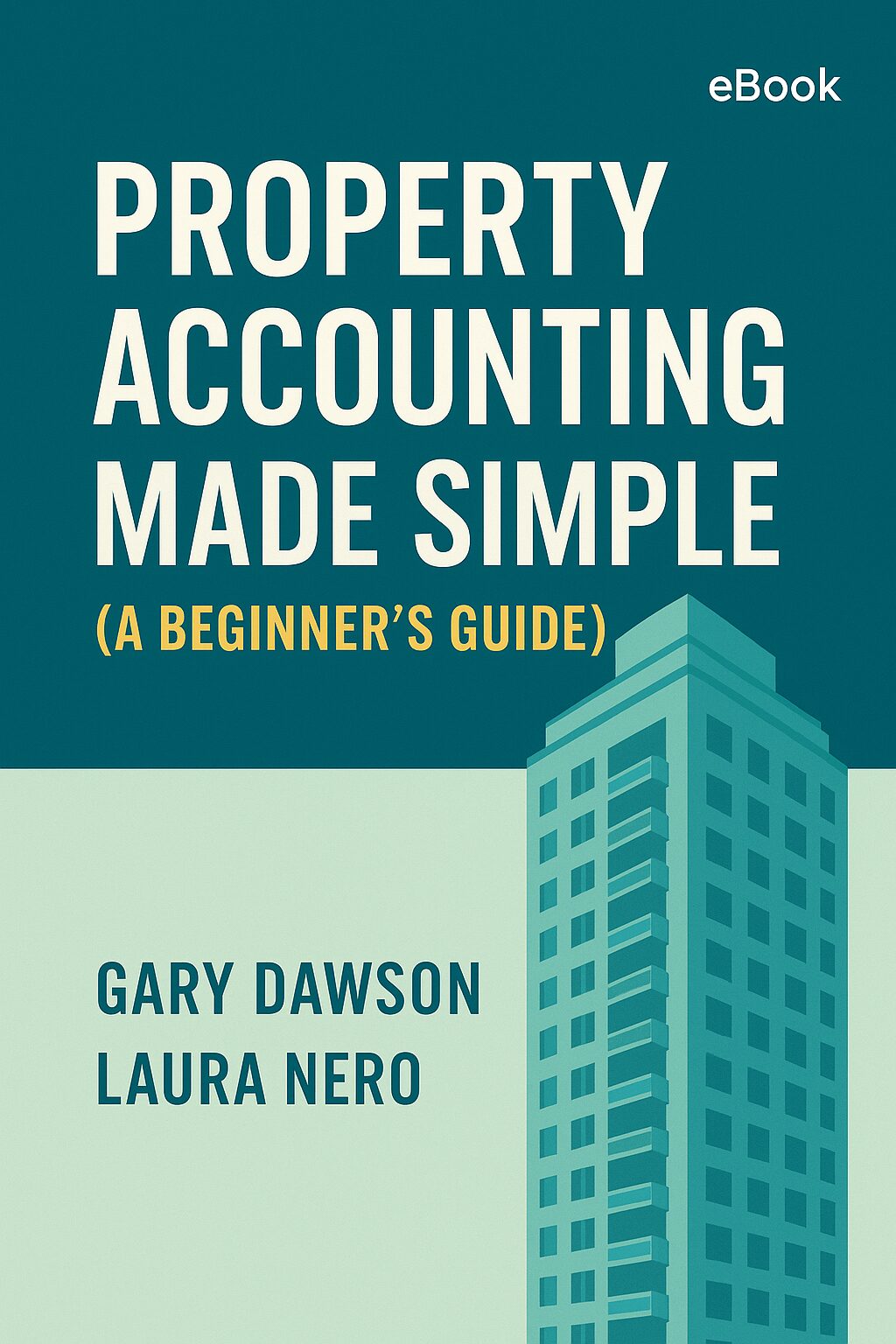Description
In the world of property management, numbers tell the story of success or failure. Whether you’re managing a single property or an extensive portfolio, understanding the basics of property accounting is crucial. Property managers act as stewards of investments, ensuring every dollar is accounted for, every expense justified, and every report accurate. Yet, for many property managers, the financial aspect of the job can feel overwhelming. This book aims to change that by demystifying property accounting and equipping you with the foundational knowledge you need to thrive.
At its core, property accounting is about capturing, organizing, and interpreting financial data to make informed decisions. Property owners rely on managers to provide clear insights into their investments, which means you must know how to track income and expenses, manage budgets, and navigate the complexities of tax and legal compliance. This guide breaks down these concepts step by step, offering a practical approach tailored specifically to property managers.
In Chapter 1, we’ll begin with an overview of what property accounting entails, its significance in the property management landscape, and how it impacts your daily responsibilities. Chapter 2 will examine the essential role accounting plays in building trust with property owners, maintaining compliance, and optimizing asset performance.
To manage a property effectively, you must grasp the basics of financial statements, which we’ll explore in Chapter 3. You’ll learn how to interpret profit and loss statements, balance sheets, and cash flow reports. From there, we’ll delve into the nitty-gritty of income and expense tracking in Chapter 4, where you’ll discover how to ensure every transaction aligns with your financial goals.
Property management involves unique accounting challenges, such as dealing with security deposits, trust accounts, and rent roll management. These topics will be covered in Chapters 8 and 9, ensuring you have a firm grasp of industry-specific accounting practices.
Beyond the basics, technology has revolutionized the way property accounting is managed. Chapter 11 highlights the software and tools that can make your job easier, while Chapter 12 addresses the common pitfalls to avoid. Whether it’s handling late payments, reconciling discrepancies, or generating accurate owner reports, this book is designed to equip you with practical solutions.
Finally, we’ll explore how you can prepare for audits, develop advanced accounting skills, and continue growing as a property manager in Chapters 14 and 15. By the end of this book, you’ll feel confident in your ability to manage property finances, meet owner expectations, and contribute to the long-term success of the properties under your care.
This guide is your starting point, whether you’re a new property manager or someone looking to strengthen your accounting skills. Let’s begin the journey toward mastering property accounting together.

